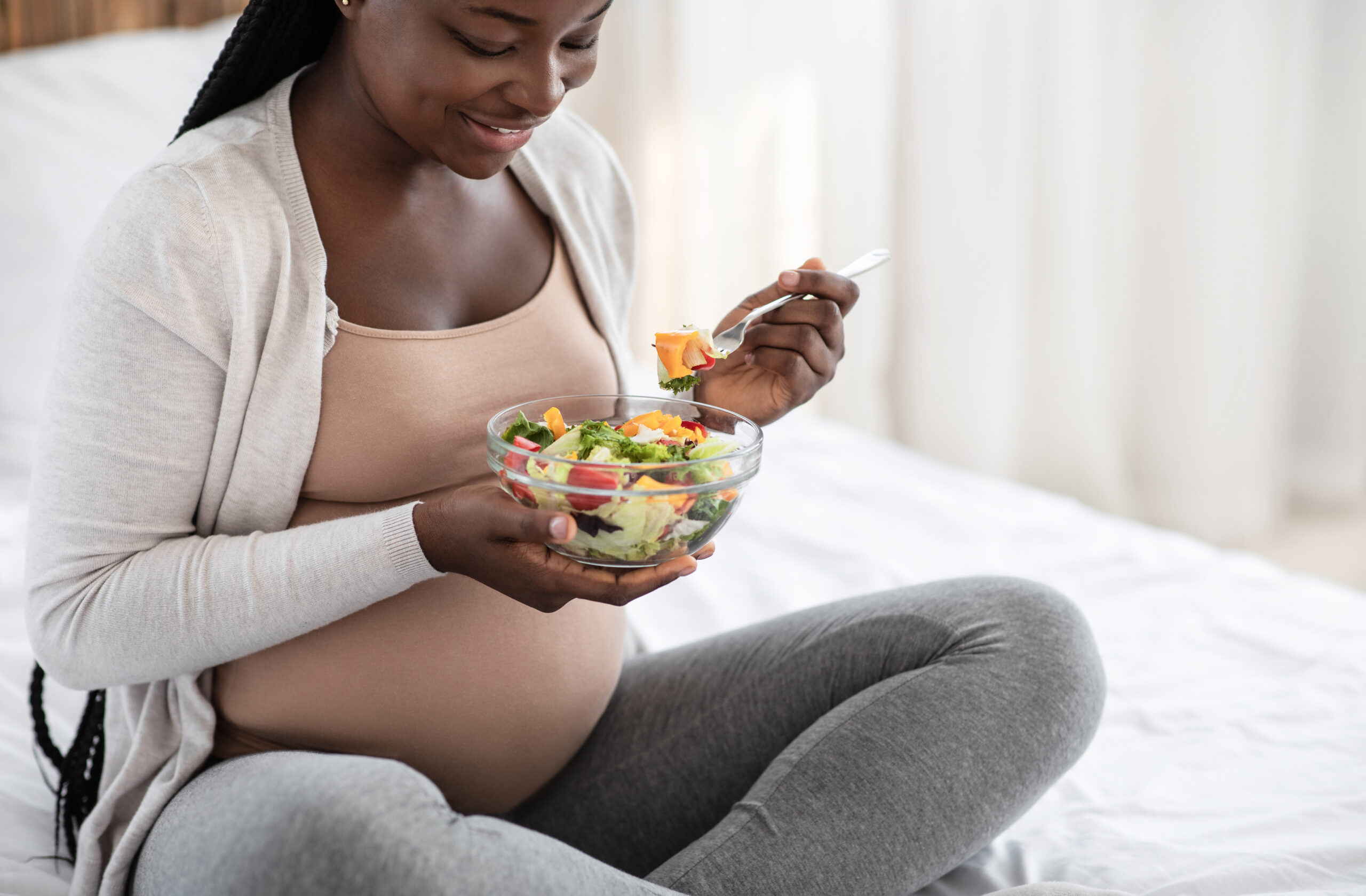Adobe Stock Photo
by , Professor in Nursing and Midwife, University of Huelva
How many times have we heard what is said to pregnant women: “now you should eat for two . ” And then why not sleep or walk for two too? This thought that is so culturally rooted in our society is a myth, a consequence of erroneous beliefs about healthy weight gain.
Sometimes, during pregnancy, women relax their eating habits thinking that since they are going to gain weight anyway, they can afford to eat whatever they want . Nothing more wrong.
Consequences for the mother and her future baby
Perhaps pregnant women are not fully aware of the implications that their actions have on the future of their babies. Why do they put them on a scale every time they go to a prenatal appointment? What is behind the concern of health professionals to know how many kilos they are “wearing”?
This fact responds to the need to detect inadequate weight gain and prevent the consequences for the mother and her offspring. We must keep in mind that both a deficit and an excess of kilos during pregnancy can lead to gestational diabetes or hypertension, in the case of the mother, and macrosomia (being born with a weight higher than recommended), in the case of the future baby . These health problems can lead to complications during pregnancy or childbirth, putting both at risk.
But the effects are not only immediate: excess gestational weight is also associated in the long term with a greater risk of developing type 2 diabetes, overweight or obesity in childhood.
So what would be the recommended weight gain?
We could say that there is no standard number of kilos. It will depend on factors such as the woman’s initial weight before pregnancy, her body mass index (BMI) or the number of babies she is expecting (twins, triplets, etc.). Therefore, the instructions must be made according to each personal situation.
However, the United States Institute of Medicine (IOM) has established general recommendations based on previous BMI, which are widely accepted by all health professionals. Thus, a woman with a BMI before pregnancy within the normal range (18.5-24.9 kg/m²) could gain between 11.5 and 16 kg.
Taking these guidelines into account, and that the pregnant population is quite sedentary – which does not help with weight control – another question arises: what can future mothers do to promote the correct nutritional status of their offspring?
Baby’s nutritional care begins during pregnancy
To promote adequate weight gain, it is important to maintain a balanced diet and practice regular physical exercise.
Specifically, the first trimester is crucial to control and maintain weight during the rest of pregnancy within the recommended parameters. To do this, you don’t have to “eat for two”, following a healthy diet and paying attention to both the food and the size of the portions. We must also take into account that energy needs increase during pregnancy by about 300 kcal/day during the second and third trimesters .
Regarding physical activity, extensive evidence indicates that pregnant women tend to reduce its frequency and intensity as pregnancy progresses, despite professionals’ recommendations to maintain a moderate level of exercise throughout the process.
Read more: This is how the brain of pregnant women changes
Therefore, as long as there is no medical contraindication, the practice of activities such as brisk walking, swimming, Pilates, yoga or any other activity adapted to each stage of pregnancy should be encouraged. Although the pregnant woman should not forget to listen to her body, adjusting the intensity of the exercise to the needs and avoiding overexertion.
In short, the only objective of maintaining adequate weight gain is for pregnant women to “take care of themselves.” It is about seeking a healthy pregnancy, the well-being of the mother and the optimal development of the baby. And without forgetting that the habits of pregnant women positively or negatively influence the health of their offspring.
This article is republished from The Conversation under a Creative Commons license.

